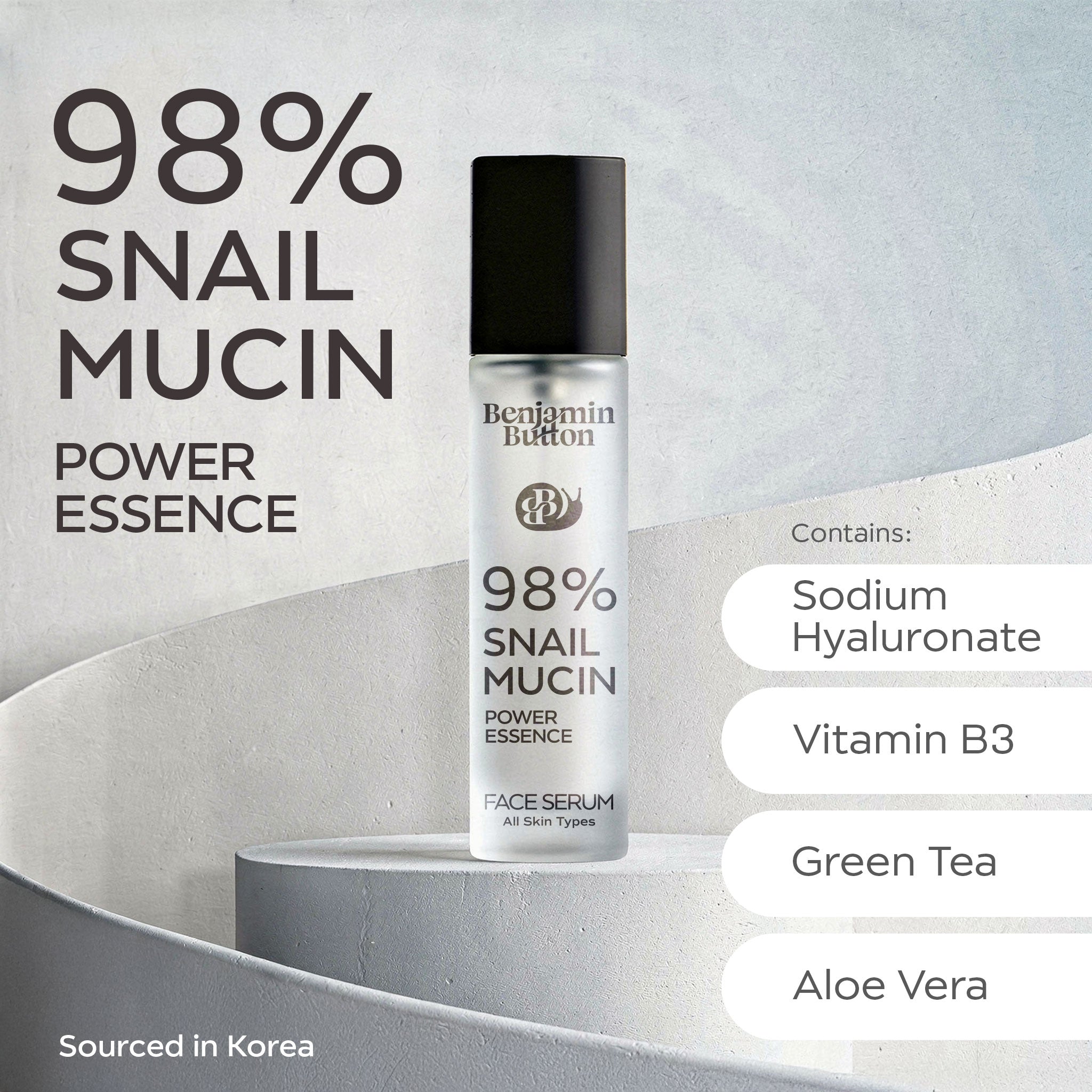The Importance of Gut Health
The health of your gut plays a vital role in your overall well-being. A strong and balanced gut microbiome can enhance digestion, boost immunity, and even influence your mood. However, antibiotics, while necessary at times, can disrupt this intricate ecosystem by wiping out both harmful and beneficial bacteria. Hence, focusing on healing your gut after a course of antibiotics is essential.Key Foods to Incorporate for Gut Recovery
To restore your gut health post-antibiotic treatment, incorporating nutrient-dense, gut-friendly foods into your diet is crucial. Here’s a curated list of the top foods that can help you achieve a healthy gut:1. Fermented Foods
Fermented foods are rich in probiotics, which can help reintroduce beneficial bacteria into your gut. These foods not only provide a delightful array of flavours but also assist in digestion.- Yoghurt: Opt for plain, unsweetened varieties that contain live cultures.
- Kimchi: A spicy fermented vegetable dish full of gut-friendly bacteria.
- Kefir: A tangy fermented milk drink, richer in probiotics than yoghurt.
- Sauerkraut: Fermented cabbage that is high in probiotics and can be enjoyed as a side dish.
2. Prebiotic Foods
Prebiotics serve as food for beneficial bacteria, encouraging their growth and activity within the gut. Integrating these foods into your diet aids in nurturing a healthy microbiome.- Bananas: A great source of fibre and essential vitamins.
- Garlic: Not only flavoursome but also a potent prebiotic.
- Onions: Rich in fibre and antioxidants, they help support gut health.
- Asparagus: Another fibre-rich vegetable that can support the growth of healthy bacteria.
3. Bone Broth
Bone broth is a remarkable food packed with nutrients that can aid in gut healing. It’s rich in collagen, gelatin, and amino acids, all of which can soothe and repair the intestinal lining.- Collagen: Supports gut integrity and reduces inflammation.
- Gelatin: Helps in digesting proteins and supports the gut's mucosal lining.
- Amino acids: Essential for proper gut function and repair.
4. High-Fibre Foods
A diet rich in fibre is essential for gut health. Fibre aids in digestion and promotes the growth of beneficial bacteria.- Whole grains: Such as oats and brown rice, can provide a steady source of energy and fibre.
- Legumes: Beans and lentils are excellent sources of plant-based protein and fibre.
- Fruits and Vegetables: Incorporating a variety of colours ensures you benefit from a range of nutrients and fibres.
Foods to Avoid
While focusing on healing your gut, it's vital to avoid certain foods that can hinder recovery. Here’s a list of items you may want to limit or eliminate from your diet:- Sugary Foods: High sugar levels can cause inflammation and may lead to dysbiosis.
- Processed Foods: Often stripped of nutrients and can disrupt gut bacteria.
- High-Fat Foods: Particularly those containing trans fats can lead to further gut imbalance.
- Artificial Sweeteners: Some studies suggest they can negatively affect gut bacteria.
Hydration and Its Role in Gut Healing
Staying hydrated is another crucial aspect of supporting your gut health. Water aids in digestion and helps transport nutrients throughout your body.- Drink plenty of water: Aim for at least 8 glasses a day to support overall health.
- Herbal teas: Such as ginger or peppermint can aid in digestion and soothe the gut.
- Broths and soups: Besides being nourishing, they contribute to hydration.
The Benefits of Probiotic Supplements
While incorporating gut-friendly foods is beneficial, certain individuals may find that taking probiotic supplements can also support their gut healing journey. Probiotic supplements can provide a concentrated dose of beneficial bacteria and may help in restoring balance quicker.- Select high-quality strains: It’s essential to choose reputable brands that contain live organisms with evidence supporting their effectiveness.
- Consult a healthcare professional: Before starting any supplement, discussing with a doctor or nutritionist can help identify the best approach for your individual needs.






















